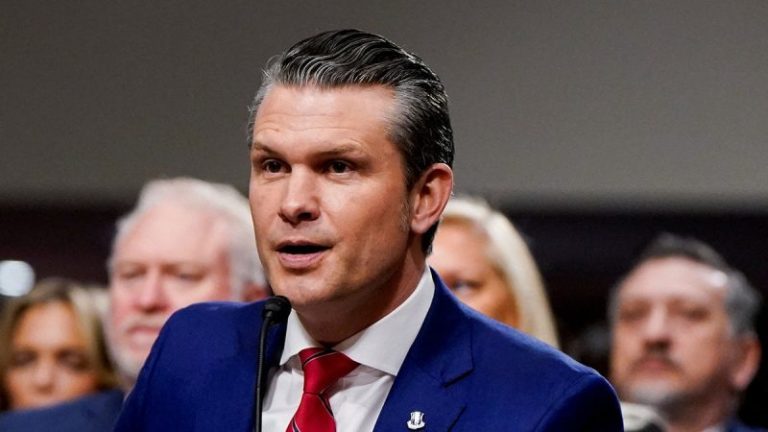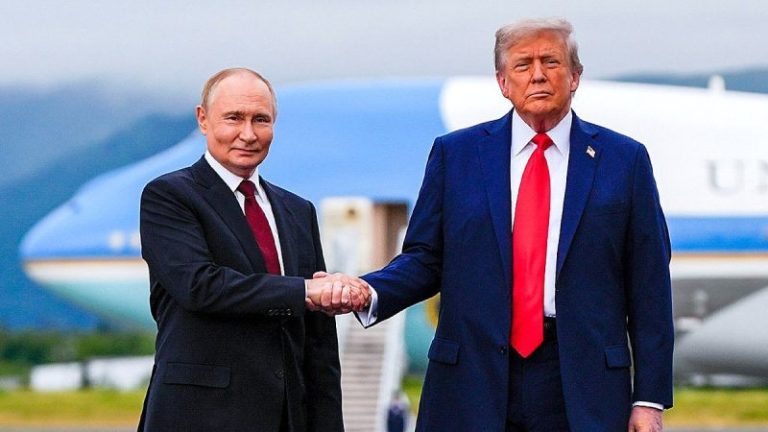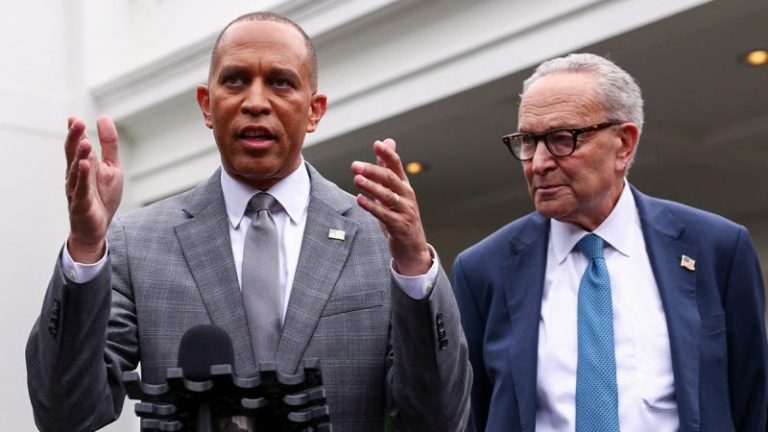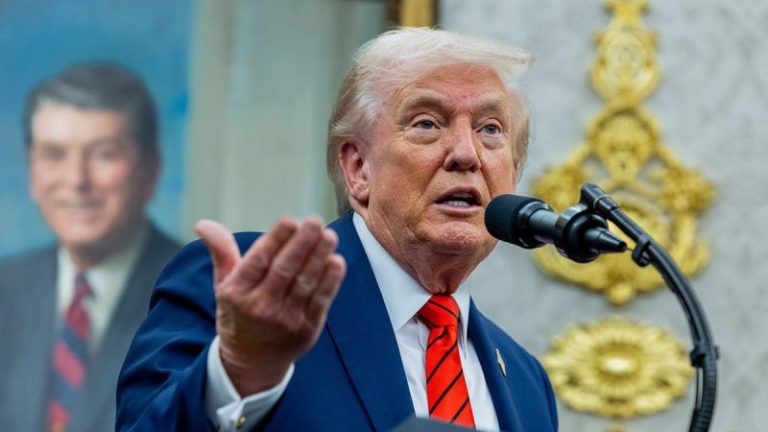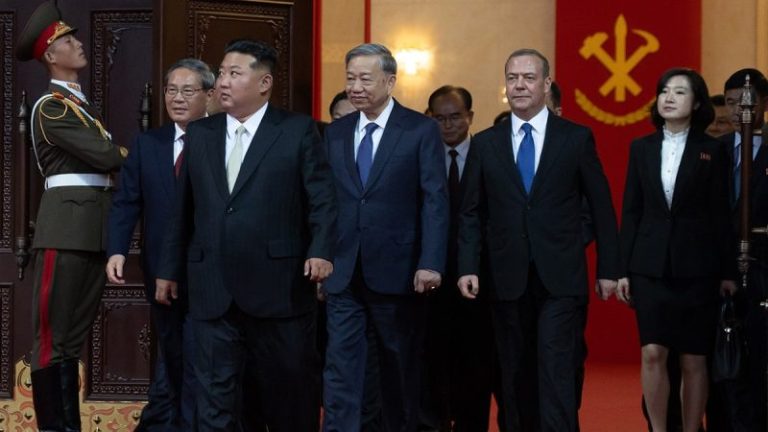Statistics Canada released September’s job data on Friday (October 10). According to the release, 60,000 jobs were added to the Canadian economy during the month, and the employment rate increased to 60.6 percent, up 0.1 percent from August. However, the unemployment rate remained unchanged at 7.1 percent.
The increase in the labor market follows a significant decline of 106,000 combined jobs over the previous two months.
Leading the gains was the manufacturing sector, which added 28,000 jobs to the labor force. The increase was followed by 14,000 new workers in the health care and social assistance sector, and 13,000 new roles in the agriculture sector.
The natural resources sector posted a 2.2 percent gain, adding 7,100 new jobs over August’s numbers, but the sector shed 18,200 workers over September 2024.
Earlier in the week, StatsCan released a report on the economic contribution of critical mineral production in 2023 on Monday (October 6).
In 2023, critical mineral production contributed C$30.2 billion in nominal gross domestic product (GDP) and C$20.9 billion in real GDP terms, which accounted for 1.1 percent of the total economy and 37.4 percent of the mineral and mining sector.
The report also details a nominal GDP increase of 63 percent and a real GDP growth of 12.7 percent between 2019 and 2023. During the same period, job growth increased by 6.2 percent, with the subsector employing nearly 55,000 workers, outpacing the entire mineral and mining sector and the broader economy, which grew by 5.2 percent and 5.6 percent, respectively.
South of the border, the White House announced on Monday that President Donald Trump approved the Ambler Access Road project in Alaska. This was followed by a 50 to 46 vote by the Senate on Thursday evening to repeal a land management plan for Alaska that had delayed development of the road.
The controversial project would connect the Dalton Highway to the Ambler Mining District via a route that passed through the Gates of the Arctic National Park, considered one of the United States’ best-preserved parks.
The access road was initially approved during Trump’s first term in office, but approvals were rescinded in 2024 under the Biden administration due to the impact on the Western Arctic caribou herd, salmon and other wildlife. The Native American Tribes who live, hunt and fish in the area have largely stood in opposition to the road.
Proponents point to access to critical minerals like copper and gallium, which have become a focal point as the US seeks to increase domestic production of these minerals, which are required for the advancement of AI technologies, data centers and national defense.
Both gold and silver soared to record highs this week, with the gold price reaching US$4,058.98 per ounce on Wednesday (October 8) and the silver price climbing to an intraday all-time high of US$51.14 per ounce on Thursday (October 9). While gold has been consistently setting new records in 2025, silver broke its all-time high set in 1980.
Precious metals have seen broad gains since the start of the year, fueled by widespread uncertainty in the global economy due to factors including chaotic US trade policy and, most recently, the failure of US lawmakers to agree on a funding package to prevent the federal government from shutting down.
For more on what’s moving markets this week, check out our top market news round-up.
Markets and commodities react
Canadian equity markets were mixed this week.
The S&P/TSX Composite Index (INDEXTSI:OSPTX) halted its record-breaking run this week, losing 1.17 percent to close Friday at 29,850.89.
The S&P/TSX Venture Composite Index (INDEXTSI:JX) fared better, ending a volatile week up 1.75 percent at 980.77. The CSE Composite Index (CSE:CSECOMP) was up 2.2 percent to close out the week at 184.31.
The gold price set another new record, reaching an intraday high of US$4,058.98 per ounce on Wednesday. On the week, gold was up 3.39 percent to US$4,018.68 by Friday’s close.
The silver price saw even stronger gains, breaking its own all time high on Thursday at US$51.14 per ounce, before pulling back slightly to post a weekly gain of 4.27 percent to US$50.03 per ounce by 4:00 p.m. EDT Friday.
Copper was up as much as 3 percent on the week during trading Thursday, but the copper price collapsed on Friday, falling from US$5.10 to end the week at US$4.80 per pound.
The S&P Goldman Sachs Commodities Index (INDEXSP:SPGSCI) fell 0.71 percent to end Friday at 539.97.
Top Canadian mining stocks this week
How did mining stocks perform against this backdrop?
Take a look at this week’s five best-performing Canadian mining stocks below.
Stocks data for this article was retrieved at 4:00 p.m. EDT on Friday using TradingView’s stock screener. Only companies trading on the TSX, TSXV and CSE with market caps greater than C$10 million are included. Mineral companies within the non-energy minerals, energy minerals, process industry and producer manufacturing sectors were considered.
1. Valhalla Metals (TSXV:VMXX)
Weekly gain: 282.35 percent
Market cap: C$44.59 million
Share price: C$0.65
Valhalla Metals is a polymetallic exploration company with a pair of projects in Alaska’s Ambler Mining District, the Sun and Smucker projects.
Its primary focus, the Sun project consists of 392 claims that cover an area of 25,382 hectares.
A May 2022 technical report states that the indicated resource for the project is 1.71 million metric tons of ore containing 55.85 million pounds of copper, 162.96 million pounds of zinc, 42.04 million pounds of lead, 3.3 million ounces of silver and 12,000 ounces of gold.
It also reported an inferred resource of 9.02 million metric tons containing 239.64 million pounds of copper, 831.33 million pounds of zinc, 290.26 million pounds of lead, 23.68 million ounces of silver and 73,000 ounces of gold.
The project is largely dependent on the construction of the 211 mile Ambler Access Road, which Trump approved in his first term. Former President Joe Biden rescinded the federal permit in 2024 due to environmental concerns, which is discussed in-depth above.
Shares in Valhalla surged this week after the Senate and the White House signaled support for the project. The company said in a news release on Tuesday (October 7) that it was excited by the reversal and will now be able to restart exploration and expand the known resources at the Sun Deposit.
2. Trilogy Metals (TSX:TMQ)
Weekly gain: 191.35 percent
Market cap: C$1.53 billion
Share price: C$8.42
Trilogy Metals is a polymetallic exploration and development company working to advance its Upper Kobuk mineral projects in Northern Alaska, which it owns in a 50/50 joint venture with South32 (ASX:S32,OTC Pink:SHTLF).
Its most advanced asset is the Arctic copper, zinc, lead, gold and silver project, which is in the feasibility stage. In an updated feasibility study from February 2023, the company reported annual payable production volumes of 148.68 million pounds of copper, 172.6 million pounds of zinc, 25.75 million pounds of lead, 32,538 ounces of gold and 2.77 million ounces of silver.
After tax, the study pegged the net present value at US$1.11 billion, with an internal rate of return of 22.8 percent and a payback period of 3.1 years.
Trilogy’s other key asset is the Bornite copper-cobalt project located 25 kilometers southwest of its Arctic project. The site hosts widespread mineralization and has seen historic exploration dating back to the 1950s.
A preliminary economic assessment for Bornite, dated January 15, established an after-tax net present value of US$393.9 million, with an internal rate of return of 20 percent and a payback period of 4.4 years. The updated mineral resource included with the report estimates an inferred resource of 6.53 billion pounds of copper with an average grade of 1.42 percent from 208.9 million metric tons of ore.
Like Valhalla’s, shares in Trilogy surged this week on the news that the US government approved construction of the Ambler Access Road.
Additionally, Trilogy reported on Monday that it had entered into a binding letter of intent, that would see the US Department of Defense invest US$17.8 million in Trilogy in exchange for 8.22 million shares, or 10 percent of the company, and will hold warrants for an additional 7.5 percent.
Both Trilogy and the DoD stated that they will work in good faith to facilitate financing for the construction of the road and will include permit applications for the FAST-41 process to expedite mining development.
3. ARES Strategic Mining (CSE:ARS)
Weekly gain: 180.65 percent
Market cap: C$184.54 million
Share price: C$0.87
Ares Strategic Mining is a development company advancing its Lost Sheep fluorspar mine in Utah, US, to production.
Initially acquired in 2020, the property consists of 353 claims across 5,982 acres south-west of Salt Lake City. The Lost Sheep fluorspar mine is currently in the construction phase and has received backing from the state of Utah and the federal government. It is the only permitted fluorspar mine in the country.
Ares reported on July 31 that it had launched a program with Iowa State University and the Ames National Laboratory to explore the potential of extracting gallium from the site in addition to fluorspar,
As part of this research, the company indicated on September 16 that it had also confirmed the presence of germanium within fluorspar samples from its Lost Sheep mine. The company said that the discovery has the potential to unlock additional critical mineral value from the project.
In its most recent construction update on September 11, Ares reported the Lumps plant has reached an advanced stage, with concrete foundations and pads being completed and steel frame structures being erected.
4. Nord Precious Metals (TSXV:NTH)
Weekly gain: 154.55 percent
Market cap: C$17.04 billion
Share price: C$0.42
Nord Precious Metals is focused on advancing its projects in Ontario, Canada, and owns the TTL silver gravity plant in the region.
The company’s primary exploration property is the Castle project located south of Timmins in the Cobalt Camp. It covers an area of 7,332.76 hectares and hosts the past producing Castle mine complex, which produced 9.4 million ounces of silver and 376,000 pounds of cobalt.
A 2021 mineral resource estimate revealed a total inferred silver equivalent resource of 7.57 million ounces, with an average grade of 7,149 grams per metric ton (g/t) silver, 2,537 g/t cobalt, 628 g/t of copper, and 467 g/t of nickel, from 32.9 million metric tons of ore.
The company also owns the past-producing Beaver Mine, located just east of Castle along the border between Ontario and Quebec. The mine operated until 1940 and produced 7.1 million ounces of silver.
The company has been working on the development of a tailings recovery program at the site, announcing on October 1 that test work produced commercial high-grade silver with concentrations up to 2,114.9 g/t.
Nord is planning to apply for a recovery permit to process tailings at its TTL gravity plant, which it plans to begin commissioning once it receives the permit.
The company said that the results validate the technical approach to the tailings program.
5. Avalon Advanced Materials
Weekly gain: 145.45 percent
Market cap: C$47.82 billion
Share price: C$0.135
Avalon Advanced Materials is an explorer and developer focused on lithium projects in Canada.
The company’s flagship project is its 40 percent owned Separation Rapids lithium project in Ontario, a joint venture with SCR-Sibelco, which owns the remaining 60 percent.
The project consists of three primary lithium targets: the Separation Rapids deposit; the Snowbank target, located near Kenora; and the Lilypad project near Fort Hope, which also hosts tantalum and cesium mineralization.
The pair increased the project’s measured and indicated resource by 28 percent in late February.
Avalon is also developing the Lake Superior lithium processing facility in Thunder Bay, Ontario.
The most recent news from Avalon came on Thursday when it reported that it had produced lithium hydroxide and analcime using an alkaline leach process developed by Finnish mineral processing company Metso.
The company said that early assessments indicate a 60 percent potential reduction in water use, along with a smaller carbon footprint compared to traditional methods. It stated that the achievement marked a milestone for the company to establish a sustainable lithium processing solution at its facility
FAQs for Canadian mining stocks
What is the difference between the TSX and TSXV?
The TSX, or Toronto Stock Exchange, is used by senior companies with larger market caps, and the TSXV, or TSX Venture Exchange, is used by smaller-cap companies. Companies listed on the TSXV can graduate to the senior exchange.
How many mining companies are listed on the TSX and TSXV?
As of May 2025, there were 1,565 companies listed on the TSXV, 910 of which were mining companies. Comparatively, the TSX was home to 1,899 companies, with 181 of those being mining companies.
Together, the TSX and TSXV host around 40 percent of the world’s public mining companies.
How much does it cost to list on the TSXV?
There are a variety of different fees that companies must pay to list on the TSXV, and according to the exchange, they can vary based on the transaction’s nature and complexity. The listing fee alone will most likely cost between C$10,000 to C$70,000. Accounting and auditing fees could rack up between C$25,000 and C$100,000, while legal fees are expected to be over C$75,000 and an underwriters’ commission may hit up to 12 percent.
The exchange lists a handful of other fees and expenses companies can expect, including but not limited to security commission and transfer agency fees, investor relations costs and director and officer liability insurance.
These are all just for the initial listing, of course. There are ongoing expenses once companies are trading, such as sustaining fees and additional listing fees, plus the costs associated with filing regular reports.
How do you trade on the TSXV?
Investors can trade on the TSXV the way they would trade stocks on any exchange. This means they can use a stock broker or an individual investment account to buy and sell shares of TSXV-listed companies during the exchange’s trading hours.
Article by Dean Belder; FAQs by Lauren Kelly.
Securities Disclosure: I, Dean Belder, hold no direct investment interest in any company mentioned in this article.
Securities Disclosure: I, Lauren Kelly, hold no direct investment interest in any company mentioned in this article.
This post appeared first on investingnews.com

